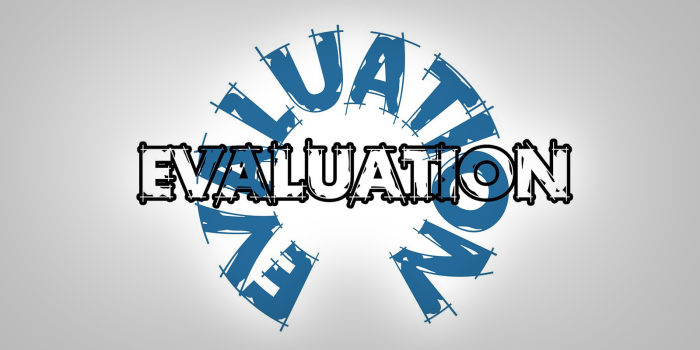An important part of improving your writing skills is sharing your work and letting others offer critique. It allows you to understand whether you are getting your point across successfully, whether your words are creating the desired effect, and whether your plot holds together. But not all critique is equally valuable, and it’s important to keep perspective.
• Is the critique coming from someone who understands your target audience? For example, if your story features the challenges faced by senior citizens in today’s technological world, feedback from your teenaged nephew is probably not helpful. Likewise, your octogenarian grandfather may not be the best judge of your young-adult fantasy.
• Is the critique specific? To have a reader say, “I didn’t care for it,” or, “I loved it,” may give you opposite emotions, but neither comment is helpful. Good feedback gives specific examples of what worked or didn’t work.
• Is the critique logical? Don’t make a change just because someone suggested it. Make sure the change makes sense to you.
Most people who offer a critique of your work do so with the sole purpose of helping you improve and strengthen your work. But it’s important to remember that it is still your work, and therefore your decision whether to make changes or not. Don’t get so hung up on taking every well-meant suggestion that you lose your voice. The feedback is there for you to consider, use, or ignore, whichever you choose.
- Benefits of a Critique Group - January 26, 2026
- The Characters You Know - September 19, 2025
- Writing Contests - December 16, 2024


Very true, Kim. And our critique group, here in Oklahoma, believes in discussion, if the author doesn’t understand or needs more details. Sometimes, it’s not the thing the reader sees, but something different that needs to be tweaked, so the part mentioned will make more sense. But if we don’t understand what is not working for the reader, it can be hard to find where the real issue is. That’s why it’s very important not to just change things because someone says it’s not right. The author should study to make the best choices about what to do, if anything.
Thank you, Kim, for sharing. Your three points were very clear and helpful.